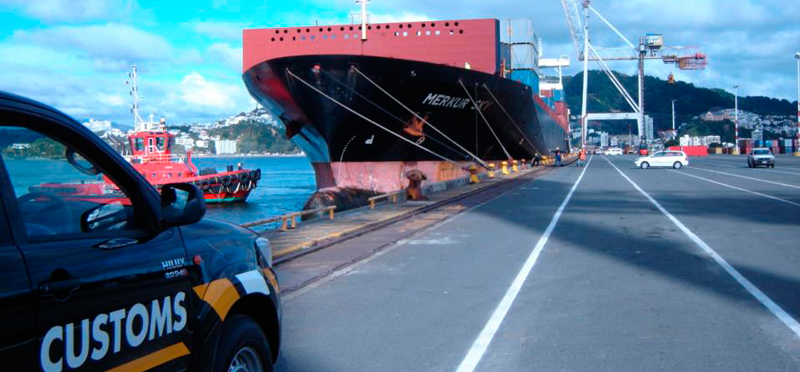Most New Zealanders are aware that counterfeiting takes place, and that counterfeit products make it into our shops. But not so many people know there are systems in place to help tackle the problem.
By Gillian Nelson and Matthew Hayes.
You own your trade mark registration. You own a copyright work. You’ve spent the time and the money making sure that’s all in order. Well done. But what do you do now? How do you make your intellectual property (IP) work for you?
This is a quandary that many owners of IP rights find themselves in. You know that you need to get your IP ‘in order’, but then what?
One problem that IP owners regularly face in the New Zealand marketplace, and beyond, is counterfeit products. We are all aware of brand knock-offs; the bag with a label that isn’t quite right. These products devalue your brand, and counterfeiting is one of the banes of trade mark owners.
In 2015, New Zealand Customs Service show that they seized approximately 8,200 clothing items, 5,700 clothing accessories, 5,900 pieces of electronic equipment, and 5,100 toys. In 2016, Customs had seized approximately 25,500 clothing items, and 14,000 household items. Over a 20 month period, Customs seizures numbered over 81,000 items. That’s around 130 items seized every day.
Most New Zealanders are aware that counterfeiting takes place, and that counterfeit products make it into our shops. But not so many people know there are systems in place to help tackle the problem.
Customs notices
That’s where customs notices come in, as a valuable and effective method of enforcing your IP.
New Zealand Customs Service operates at the forefront of protection against counterfeiting. As most counterfeit products come from outside New Zealand, stopping them crossing our borders is an obvious place to start. But Customs aren’t omniscient and they don’t know what to look for, unless you tell them.
A Customs notice is an official way to tell Customs that you own a trade mark or copyright in goods you make, like chairs, toys or pottery, and you want them to look out for knock offs. The notice includes details of your trade mark or copyright work, giving Customs the information they need to identify and stop fakes at the border.
How does it work?
The first step is to lodge a notice with Customs. This requires some documentation (nothing too onerous), and a $5,000 bond. The bond is held by Customs in an interest bearing account, and the interest paid back to you.
Once a Customs notice is filed, Customs randomly inspects shipments for infringing goods. Customs will detain any goods it suspects are infringing items, and inform you, the trade mark or copyright owner. Customs often contacts trade mark or copyright owners (or their legal representatives) to query whether goods are genuine, or counterfeit copies of their products.
Upon detaining goods, Customs gives the importer the option to forfeit the goods. If the importer forfeits the goods, the goods are destroyed, and Customs lets you know.
If the importer doesn’t forfeit the goods to Customs, then you are informed. You then have 10 working days (extendable up to 20) to convince the importer to forfeit or to initiate Court proceedings against the importer. If you do not lodge a court action, Customs releases the goods back to the importer.
Penalties of importing counterfeit products
Importing or dealing with counterfeit products is a criminal offence in New Zealand. If an importer is found guilty of importing counterfeit products, they can face imprisonment of up to five years, or a fine of up to NZ$150,000.
You can also take civil (non-criminal) action against an importer of counterfeit products. A civil action still goes to court, but rather than a prison sentence or fine, the importer may have an injunction issued against them, and be ordered to pay you either damages or an account of their profits.
Either way, the penalties for counterfeiting can act as a deterrent.
How effective is it?
Most instances of counterfeiting can be resolved without the time and expense of involving the Courts. The lack of court cases on counterfeiting in New Zealand doesn’t mean that Customs notices are ineffective however.
The effectiveness of a Customs notice is somewhat dependent on the type of goods you have. Think about factors such as whether people are likely to carry the products in a suitcase, and their potential re-sale value. For some goods, a single Customs notice may be your best tool for stopping counterfeit products from ever reaching the market.
Customs can only spot fakes if they know what they are looking for. So make sure your IP is lodged with them, file your Customs notice and protect your rights.




